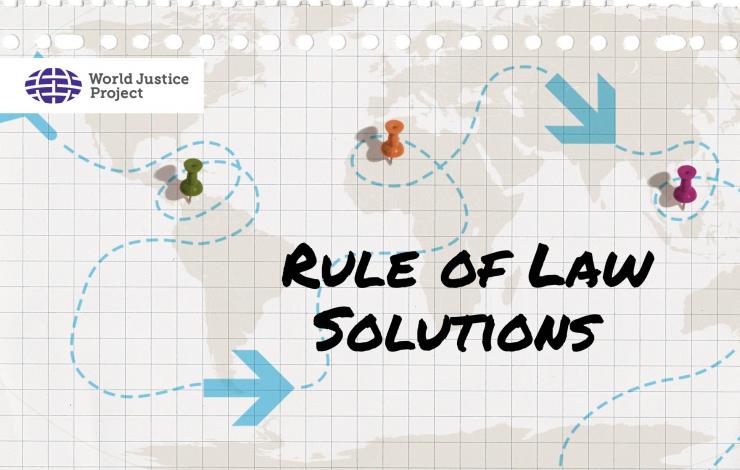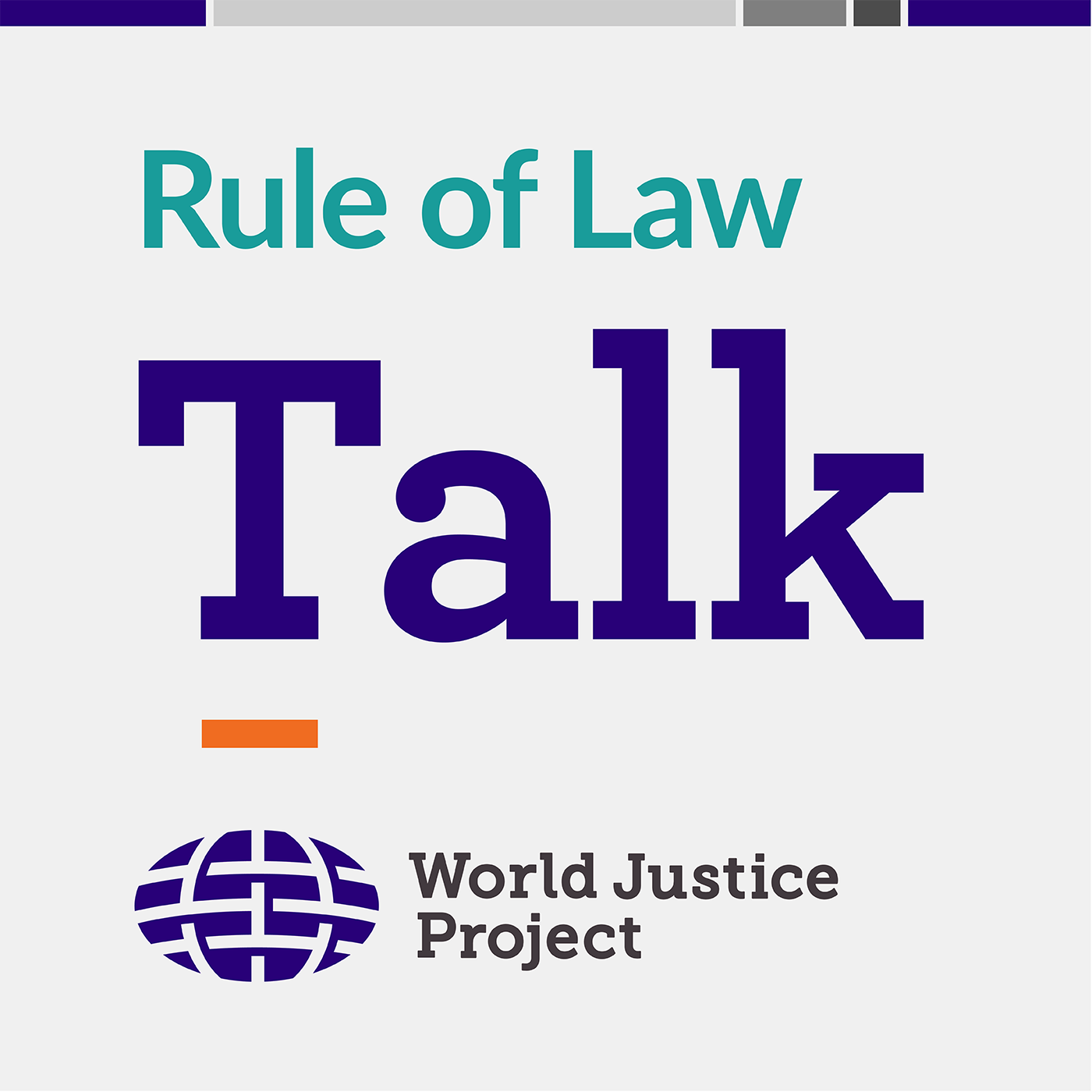
Leveraging Informal Justice: How to Counter Descent-Based Slavery in Mali
As part of WJP's Rule of Law Solutions Initiative, World Justice Project researcher and ACLS Mellon Fellow Joe Haley interviews civil society activists and local justice practitioners in West Africa to understand how access to justice — the capacity of ordinary people to resolve their everyday justice problems fairly without undue hardship — works in the Sahel.
The Sahel is marked by high levels of poverty and environmental fragility. It is also host to one of the world's most intractable conflicts. Since 2012, national and international forces have been locked in a pitched fight against Islamic extremists in Mali, Niger, and Chad. This conflict has had profound implications for West and Central Africa, as it has disrupted economic activity and displaced hundreds of thousands of people. In this Rule of Law Solutions: Access to Justice in the Sahel series of reflections and interviews with local practitioners, Joe asks, how can access to justice build peace and resilience in the Sahel?
In the first Rule of Law Talk podcast installment for the Rule of Law Solutions Initiative, WJP's Joe Haley speaks with program officers from the American Bar Association Rule of Law Initiative (ABA-ROLI) and Association Temedt who are working to abolish the practice of descent-based slavery in Mali. The conversation revisits a successful two-year program, supported by the U.S. Department of State's Bureau of Democracy, Human Rights and Labor, which helped to raise awareness about descent-based slavery and obtain liberation and legal documentation for hundreds of victims. The discussion also touches the problem's historic roots, the difficulty of achieving legislative reform in the midst of a security crisis, and the importance of enlisting customary justice leaders.
Interviewees:
- Alain Kisombwe, Mali Country Director at ABA-ROLI
- Saïfoulaye Saïdou Sidibe, Program Officer at ABA-ROLI
- Drissa Niankile, Monitoring and Evaluation Consultant
- Idrissa Aklinine, Program Coordinator at Association Temedt
- Moussa Fofana (Translator)







